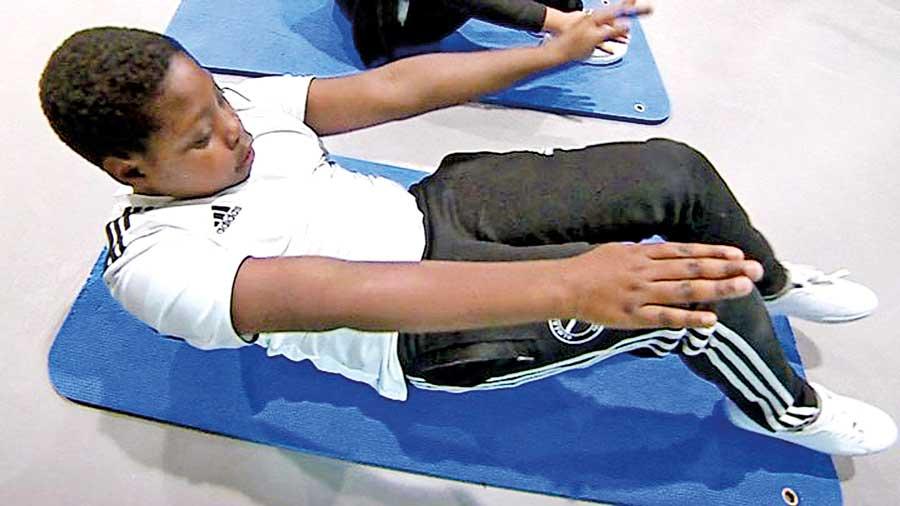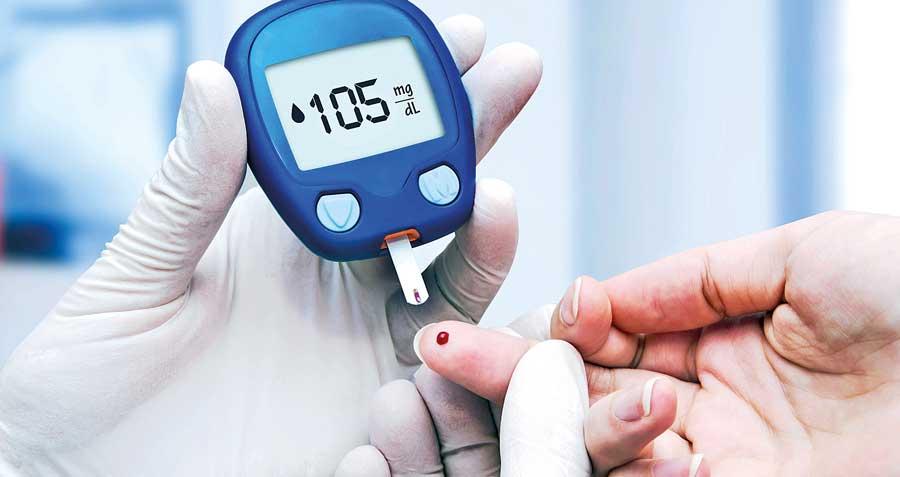08 Mar 2019 - {{hitsCtrl.values.hits}}

I frequently come across children who gain weight at an alarming rate. The parental concern about childhood obesity is not the level that we expect it to be, probably due to being unaware about its consequences. Era of Kwashiorkor and Marasmus, the severe nutrition deficiencies are strangely bygone and rarely heard of. Instead we hear about obese children and childhood diabetes at an astounding rate. The problem is now universal and global statistics show that there are more than 41 million children under the age of 5 who are obese. And more than 50% of these children live in Asia.
One key fact I wish to highlight is that childhood obesity can extend into adulthood. These children are more prone than the non-obese children to develop diseases like diabetes, high blood pressure high cholesterol levels and heart disease because of their weight. The good think that I see in obesity is that early prevention can lead to a healthy adolescence and adulthood.
How do we diagnose overweight children?
By definition obesity and overweight is gathering of body fat in an abnormal or excessive manner. There are different ways to measure obesity and age adjusted Body Mass Index (BMI) is one such method. Body Mass Index is defined as the weight in kilograms divided by the square of the height in meters (kg/m2).The world health organization has published child growth standards and growth reference data which can be compared to any child who’s thought to have excess body fat.
Dangers
I would like to describe some of the dangers of being overweight as a child. It is well known that obese kids are more prone to early death and disability in adulthood. Non communicable diseases are, medical conditions that do not “spread” from one person to another. Some of these worth mentioning are diabetes, high blood pressure, high cholesterol levels and heart disease. The dreaded fact about non communicable diseases are the lifelong consequences. Unlike infections, no permanent cures are available for non-communicable diseases. There is an association between these diseases and the duration of childhood obesity. And if the onset of non-communicable diseases occur at an early age, the complications might be more.
Strangely in Sri Lanka I have noted that even low to middle income families having children with obesity related problems. Especially the children from low income families are additionally burdened with infections. Poor level of education seen in these parents might be the reason why the children are exposed to high energy, high fat/ carbohydrate and nutritionally low dense foods.
The dreaded fact about non communicable diseases are the lifelong consequences. Unlike infections, no permanent cures are available for non-communicable diseases. There is an association between these diseases and the duration of childhood obesity
Reasons
If I explain in very simple terms, the reason for excessive weight gain is an imbalance in what the child eats and what the body burns as calories. A high calorie intake with less physical activity leads to obesity. The other reason is the quality of food that is eaten. Balanced meals in childhood are essential for normal growth. There should be a bit of everything. But not too many carbohydrates, fat and refined sugar.

Remedies
The World Health Organization names several groups that should get involved in fighting the obesity epidemic. Parents play a key role in guiding what the child eats. The school teachers are also identified as a group that can create a major impact. Certain civil societies and NGO s are also currently in the process of educating the public.
I will explain some of the essential steps that a parent could take in handling an obese child. First of all I believe in a healthy parent to child relationship. A caring atmosphere should be created for the child to rely and believe in what the parents introduce. A hostile setup where the child’s unhealthy routines are criticized might be detrimental.
A home setup where the entire family sits together to share at least two meals is a good start. Meal times should not be spent in front of a television where the child is distracted. I always advice the parents to respect the amount that the child eats. Children have the ability to decide and limit their meals and therefore shouldn’t be force fed.

If the child demands several servings of meals, there should be an interval of about 10 minutes before you offer another. Always oversee that there is enough fiber in the diet that is offered. Plenty of green leaves and vegetables are a must. High salt, high sugar diets should be discouraged.
I also discourage snacks during TV time. The food that is consumed could be unlimited. And usually the preferred snacks contain high amounts of carbohydrate. Availability of fruits at home instead of packed preserved snacks is a good change. Avoid sweet desserts.
We advise on the benefits of sports not just as a measure in burning calories but as a soothing outdoor activity that will nourish the child’s mind and enhance their physical/psychological well-being. Many parents that I meet believe only in competitive sports. In an obese child, sports should be introduced as a leisure activity. A “work out” in the open will enable the child to enjoy outdoor physical activities and develop an affinity to nature.
(The writer is a Consultant Resident Paediatrician who works for Hemas Hospital, Thalawathugoda)
22 Dec 2024 43 minute ago
22 Dec 2024 2 hours ago
22 Dec 2024 2 hours ago
22 Dec 2024 5 hours ago
22 Dec 2024 5 hours ago